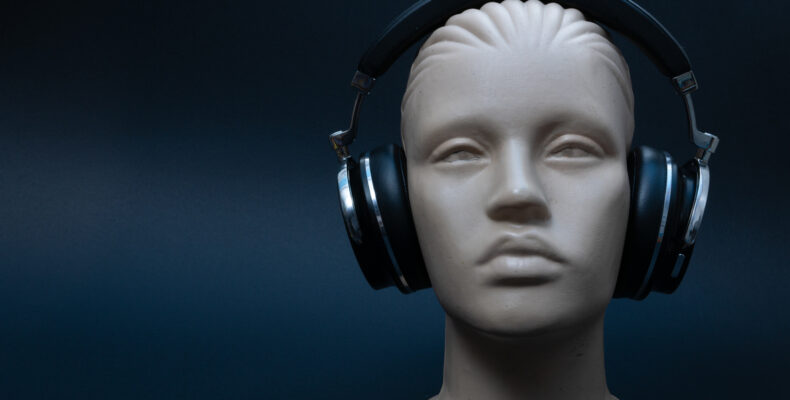
Looking forward to the Emotional Perception Appeal Hearing? We certainly are
Last week the UK Intellectual Property Office (UKIPO) filed its grounds of appeal in the Emotional Perception appeal (Comptroller-General of Patents, Designs and Trade Marks v Emotional Perception AI Limited). This is the appeal to the perhaps surprising UK High Court decision handed down in November last year which found Emotional Perception’s file recommendation system did not fall within the UK exclusions from patentability.
The appeal is the natural progression that many expected given the fact that the decision led to the UKIPO having to suspend its guidance on AI inventions. The appeal hearing is scheduled for 14 May 2024.
The grounds of appeal submitted by the UKIPO are short and concise at only four pages with four grounds (averaging a page for each ground) but are robust in asserting that the High Court Judge “was wrong” on many issues.
In the first ground the UKIPO argues that the Judge “erred” on the finding that the software exclusion was not engaged. It argues that the judge was wrong to conclude that the computer implemented invention claimed does not invoke the computer program exclusion and that the judge incorrectly concluded that it was not necessary to consider technical contribution.
In the second ground the UKIPO concedes the possibility of a hardware only claim including an Artificial Neural Network (ANN) implemented only in hardware form that does not encompass a computer program, but argues that the claims in this case are directed to “a computer implemented invention …whose claim encompasses software executed on a general-purpose computer (among other things)”. Since the claims in this case are computer implemented and necessarily encompass software on a general purpose computer they do not escape the exclusion, according to the UKIPO. The UKIPO points out that the “exclusion is not to ‘hardware’ or ‘software’ but to a program for a computer”.
In the third ground the UKIPO argues that the judge was wrong to dismiss the submissions from the UKIPO that an ANN decoupled from the software platform that supports it becomes wholly a mathematical method.
In the fourth and final ground (the shortest at only two paragraphs) the UKIPO submits that the judge was wrong to find that the claimed invention involves a technical contribution and argues that the claimed file transfer was entirely conventional and therefore cannot amount to a technical contribution.
With only a few weeks until the appeal hearing we look forward to seeing how this plays out on the day. Many expect the Court of Appeal to reverse this decision, which would probably return us to the status quo that existed before the High Court decision in this case. If the Court of Appeal agree with the High Court Judge and rejects the appeal, that is likely to make it easier to patent AI related inventions here in the UK for some time to come.
If you would like to discuss how to protect your AI innovation, please contact the author or your usual Barker Brettell patent attorney.



